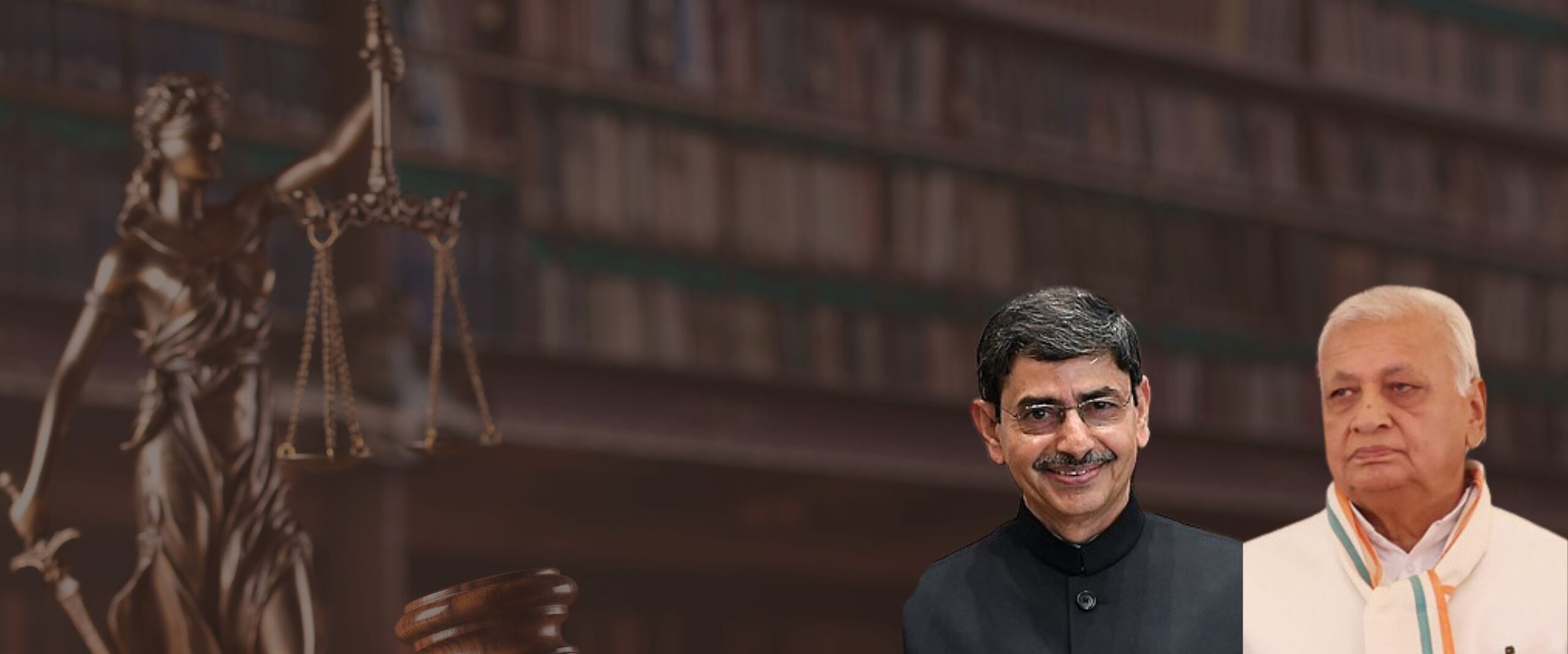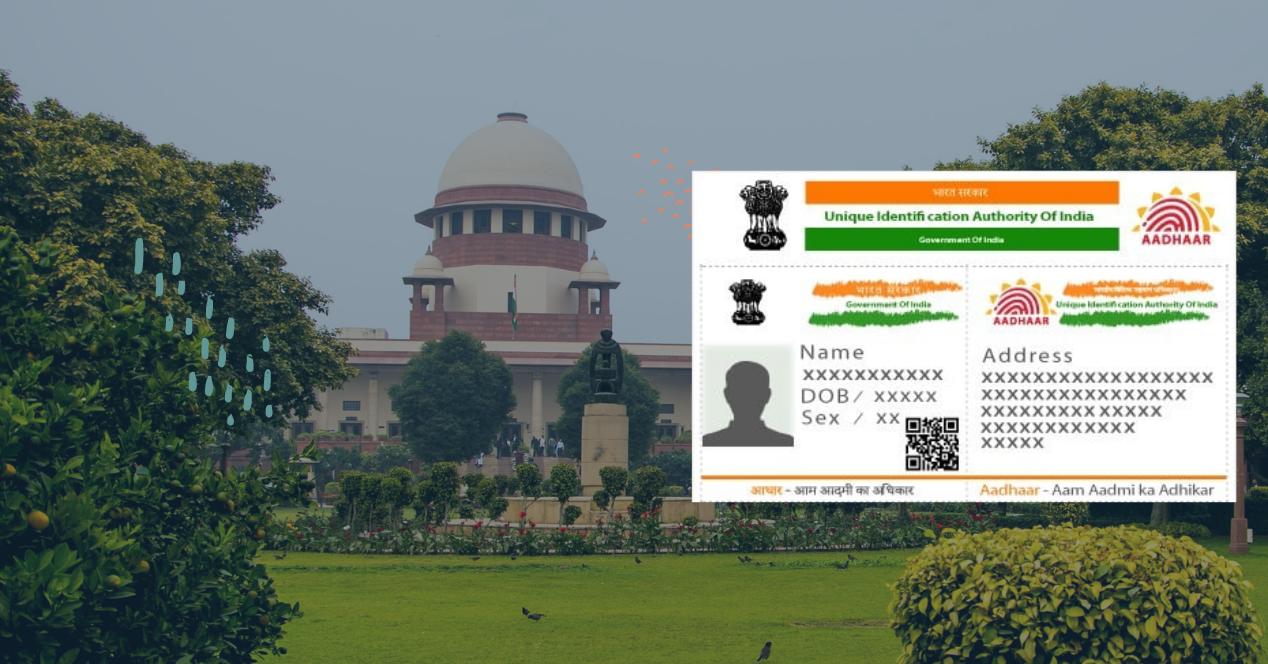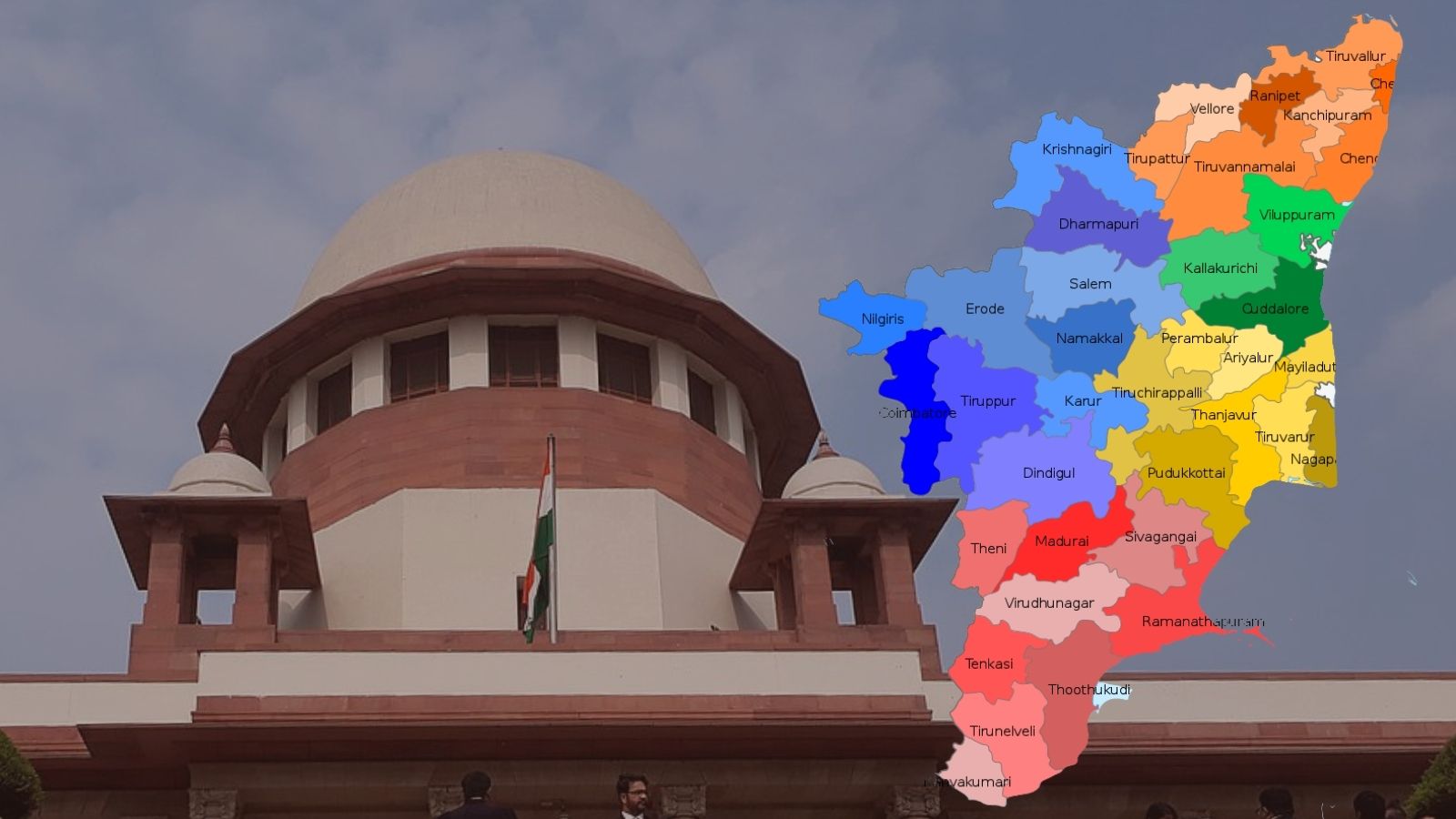Analysis
Supreme Court asks why the TN Governor needs the Court’s intervention to pass bills per Article 200
The top Court heard challenges to the Kerala and Tamil Nadu Governors’ withholding of Bills passed twice by the state legislative assemblies

Today, a three-judge Bench comprising Chief Justice D.Y. Chandrachud, and Justices J.B. Pardiwala and Manoj Misra, heard the Kerala and Tamil Nadu Governments’ challenges to the governors’ withholding various bills in the states.
“What was the governor doing for the last three years?” Chief Justice of India asks
Senior Advocates Dr. Abhishek Manu Singhvi, Mukul Rohatgi and P. Wilson, appearing for the Tamil Nadu government, argued that Governor R. N. Ravi cannot simply declare that he “withholds” the Bills, without giving an explanation. Singhvi explained that at the moment, there are 10 bills that the Governor has sent back to the government, which the Assembly “re-passed”, and are now withheld by the Governor. Under Article 200 of the Constitution of India, 1950, “there is no discretion left” in the Governor to withhold the Bills, he said. CJI Chandrachud commented that after a bill has been repassed, the “Bill is placed on the same footing as the money bill,” meaning that it cannot further be sent back for reconsideration.
Singhvi pointed out that in April 2023, the Court considered a similar issue in Telangana, and ultimately held that “the expression “as soon as possible” [in Article 200] has significant constitutional content and must be borne in mind by constitutional authorities.” The Tamil Nadu Governor, he said has violated every part of Article 200, by not responding “as soon as possible”, and for not returning it to the Assembly “with a message”.
Rohatgi added that the governor “can’t just say I withhold,” and is obligated to either explain the reasoning behind their decision or refer the Bill to the President.
Wilson argued that allowing the Governor, an executive head, to withhold a bill indefinitely, will allow them to “arm-twist the legislature”. The Governor could sit on the Bills for five years, frustrating the efforts of the state’s ruling government.
R. Venkataramani, Attorney General of India argued that the question of what the Governor must do once a bill has been re-passed is a whole other question, one that does not concern this case. Further, he explained that these pending bills were withheld as they concerned the removal of powers of the Governor to appoint Vice Chancellors of the State’s Universities.
The Bench pointed out that the Governor disposed of the bills on 13 November 2023, three days after the Supreme Court’s Order issuing notice to the Union in the case. CJI Chandrachud noted that the bills had been pending since April 2020, and that the Governor had only acted after the top Court’s interference. “What was the governor doing for the last three years?”, the Chief asked. “Why should the Governor wait for parties to move the Supreme and then… start taking steps?”
The AG stated that he had a “nuanced” response, but requested the Supreme Court to defer the case, in light of a Special Session of the TN Legislative Assembly having re-passed the bills.
Kerala
In a similar set of petitions filed by the Kerala Government, the Supreme Court issued notice to the Union today. Appearing for the State of Kerala, Senior Advocate K.K. Venugopal submitted that there were eight bills that were pending before Governor Arif Mohammed Khan.
What are the obligations of the Governor under Article 200?
The Chief posed a question to the parties in both the Tamil Nadu and the Kerala challenges. “When does the proviso come into being?” he said, asking if the Governor can simply state that they have withheld a bill, but refuse to send it to the Legislative Assembly for reconsideration. The proviso to Article 200, he pointed out states that “the Governor may, as soon as possible after the presentation to him of the Bill for assent, return the Bill”. Does this mean that the proviso is a separate contingency, or that it is part of the process of withholding the bill?
Singvi explained that it is a part of withholding the Bill. The provision imposes an obligation on the Governor to send it back to the Assembly for reconsideration, without which the bill cannot take on the character of a money bill. That is, the Assembly will not be able to review the Governor’s comments and reconsider the bill. “The spirit of the Constitution cannot be made a fool of,” he said, arguing that without this obligation, the Governor will have a “pocket veto” over bills passed by the Assembly.
The Court will hear the challenges against the TN Governor on 1 December 2023, after giving his office sufficient time to respond to the repassing of the Bills.
The Challenges against the Kerala Governor will be heard on 24 November 2023.




